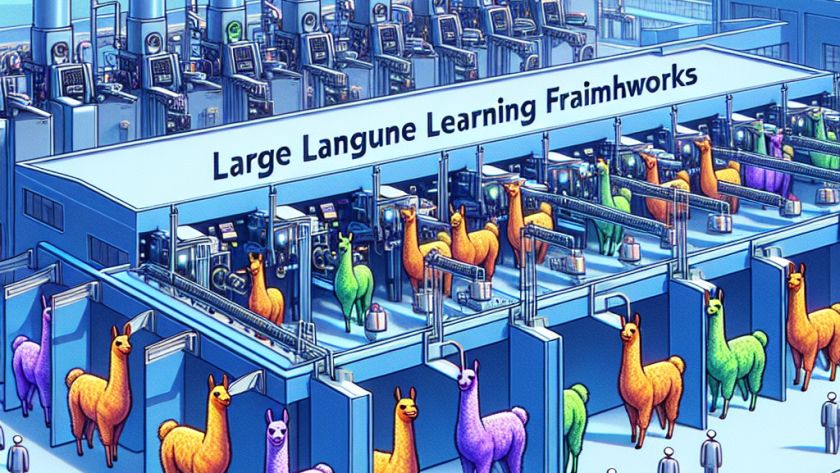Large Language Models (LLMs) have proven to be game-changers in the field of Artificial Intelligence (AI), thanks to their vast exposure to information and versatile application scope. However, despite their many capabilities, LLMs still face hurdles, especially in mathematical reasoning, a critical aspect of AI’s cognitive skills. To address this problem, extensive research is being…









